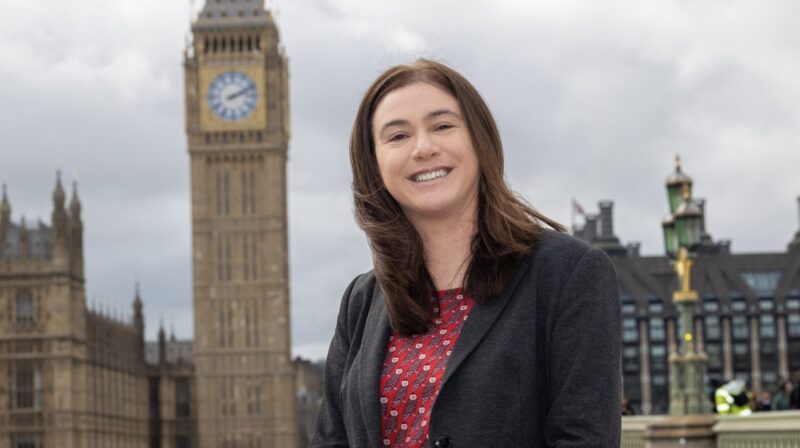This weekend marked a familiar ritual: the clocks went forward, ushering in longer evenings and the start of British Summer Time. For many of us, the lighter days lift our mood – a welcome contrast to the gloom of darker autumn afternoons.
We’ve been shifting our clocks for over a century – ever since 1916 when the British Summer Time Act was introduced, a piece of legislation in place to this day. It came after a campaign led by William Willett, who was exasperated by the early sunrise and wasted daylight during summer mornings. Willett is in fact the the great-great-grandfather of Coldplay’s Chris Martin – proof that an obsession with Clocks really does run in the family. Willet’s pamphlet, The Waste of Daylight, in time led to the system we still use today: GMT in winter, GMT+1 in summer.
But is this still the right time system for the way we live and work today? I’m not so sure. That’s why I led a debate in Parliament about whether it’s time for an update.
The first daylight saving measure was introduced during the First World War. But it is the experiment during the Second World War that really intrigues me. As Britain faced peril, Winston Churchill made a bold decision, pushing the clocks two hours ahead of GMT in the summer, and one hour ahead in winter.
The aim then was to save energy. Today, we face a different kind of emergency: the climate crisis. But it is one where the same prescription could help.
That’s why I’m calling for a return to British Double Summer Time – or what I’m calling Churchill Time.
We know we must reduce carbon emissions, end our reliance on fossil fuels. We have a Labour Government rising to the challenge, launching our publicly-owned clean energy company – GB Energy – and helping households cut costs through energy-saving upgrades. But there is another simple, cost-effective tool which could help too: better use of natural daylight.
Under Churchill Time, our evenings would remain lighter for longer. Homes and businesses would switch on lights and heating later in the day, easing pressure on the grid.
The case for change is compelling.
Researchers at the University of Cambridge estimate that one additional hour of evening daylight in winter could reduce CO₂ emissions by around 447,000 tonnes each year – equivalent to removing over 50,000 cars from the road for a global road trip.
Queen’s University Belfast has shown that this change could save households upwards of £400 annually on their energy bills and ease demand on the national grid by up to 5 gigawatts during peak times. That would all be welcome news during this climate crisis.
The benefits go beyond energy too. Lighter evenings encourage people to spend more time outdoors, to linger in parks and cafés. They boost footfall for our high streets and breathe life into our town centres. This has a knock-on effect for jobs and the growth this Government has made its number one priority. The British Association of Leisure Parks, Piers and Attractions says that lighter evenings could bring a £3.5 billion boost to tourism revenue. The Tourism Alliance agrees, telling me there’s a “real case” for reform to support tourism year-round.
There are public safety gains as well.
Data from the Royal Society for the Prevention of Accidents shows that road traffic collisions increase by 19% in the fortnight after the autumn clock change. The AA estimates that not turning the clocks back could prevent up to 100 deaths a year. Churchill Time would reduce pressure on our NHS.
And of course, daylight is a matter of public health. The NHS notes that reduced sunlight can lower serotonin levels, contributing to depression. A simple shift in daylight hours could help to tackle this in a simple, effective way.
In Parliament, I was pleased that the Minister acknowledged a number of benefits, including on mental health and road safety, for the first time in the Chamber for 15 years. It’s a significant step forward in what I hope will become a wider conversation. He also cited the lack of up to date data – so I take that as a challenge!
Now is the time to ask whether our current system still fits how we live, work and tackle the challenges ahead. As we face a climate emergency, Churchill Time could be part of the solution. Let’s not let another moment tick away.

Alex Mayer MP
Alex Mayer is the Labour MP for Dunstable and Leighton Buzzard, and was elected in July 2024.

